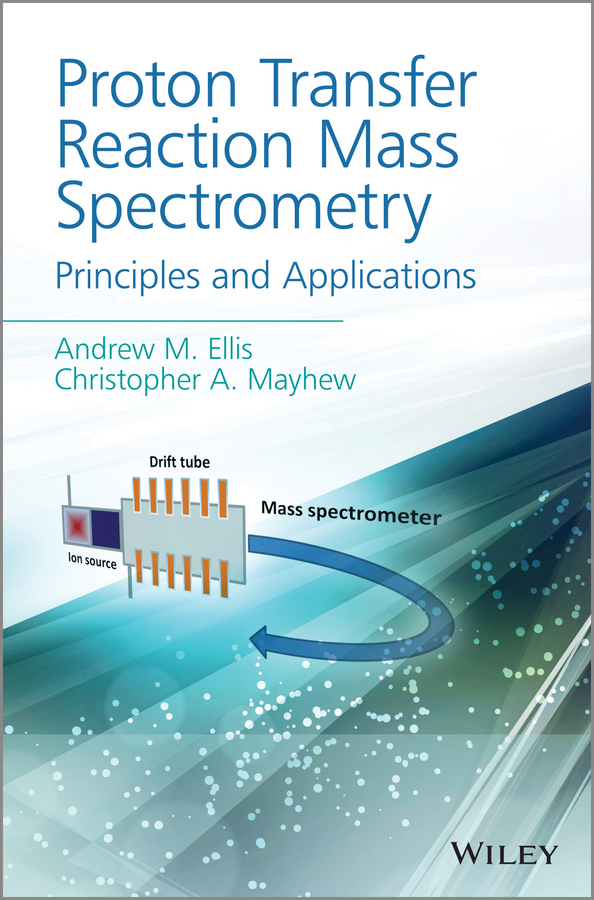Электронная книга: Andrew Ellis M. «Proton Transfer Reaction Mass Spectrometry. Principles and Applications»

|
Proton Transfer Reaction Mass Spectrometry (PTR-MS) is a rapidly growing analytical technique for detecting and identifying very small quantities of chemical compounds in air. It has seen widespread use in atmospheric monitoring and food science and shows increasing promise in applications such as industrial process monitoring, medical science and in crime and security scenarios. Written by leading researchers, this is the first book devoted to PTR-MS and it provides a comprehensive account of the basic principles, the experimental technique and various applications, thus making this book essential reading for researchers, technicians, postgraduate students and professionals in industry. The book contains nine chapters and is divided into two parts. The first part describes the underlying principles of the PTR-MS technique, including• the relevant ion-molecule chemistry • thermodynamics and reaction kinetics • a discussion of ion sources, drift tubes and mass spectrometers • practical aspects of PTR-MS, including calibration. The second part of the book turns its attention to some of the many applications of PTR-MS, demonstrating the scope and benefits, as well as the limitations, of the technique. The chapters that make up the second part of the book build upon the material presented in the first part and are essentially self-contained reviews focusing on the following topics: • environmental science • food science • medicine • homeland security, and • applications of PTR-MS in liquid analysis. Издательство: "John Wiley&Sons Limited"
ISBN: 9781118684122 электронная книга Купить за 13590.56 руб и скачать на Litres |
Другие книги схожей тематики:
| Автор | Книга | Описание | Год | Цена | Тип книги |
|---|
См. также в других словарях:
Mass spectrometry — (MS) is an analytical technique that measures the mass to charge ratio of charged particles.[1] It is used for determining masses of particles, for determining the elemental composition of a sample or molecule, and for elucidating the chemical… … Wikipedia
mass spectrometry — or mass spectroscopy Analytic technique by which chemical substances are identified by sorting gaseous ions by mass using electric and magnetic fields. A mass spectrometer uses electrical means to detect the sorted ions, while a mass spectrograph … Universalium
Mathematics and Physical Sciences — ▪ 2003 Introduction Mathematics Mathematics in 2002 was marked by two discoveries in number theory. The first may have practical implications; the second satisfied a 150 year old curiosity. Computer scientist Manindra Agrawal of the… … Universalium
spectroscopy — spectroscopist /spek tros keuh pist/, n. /spek tros keuh pee, spek treuh skoh pee/, n. the science that deals with the use of the spectroscope and with spectrum analysis. [1865 70; SPECTRO + SCOPY] * * * Branch of analysis devoted to identifying… … Universalium
chemistry — /kem euh stree/, n., pl. chemistries. 1. the science that deals with the composition and properties of substances and various elementary forms of matter. Cf. element (def. 2). 2. chemical properties, reactions, phenomena, etc.: the chemistry of… … Universalium
chemical compound — Introduction any substance composed of identical molecules consisting of atoms (atom) of two or more chemical elements (chemical element). All the matter in the universe is composed of the atoms of more than 100 different chemical elements … Universalium
